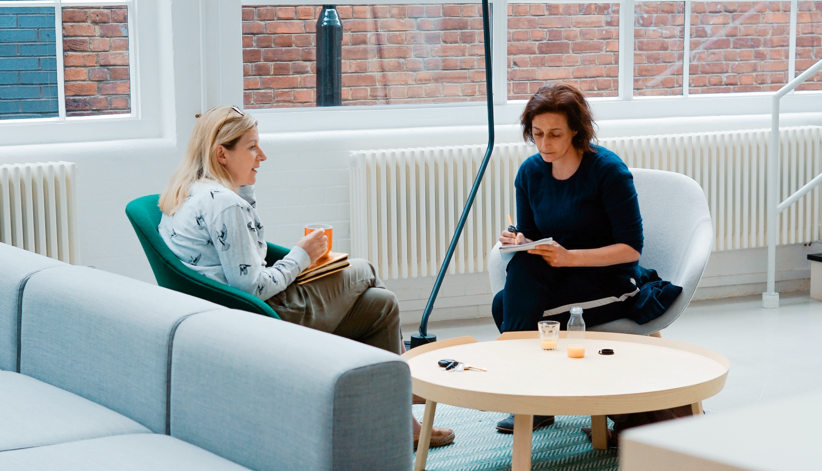Adjusting to a new lifestyle can be a challenge—and test a relationship
Photo: iStock/Tuned_In.
When you’re preparing for retirement, financial planning becomes a top priority, but your relationship with your partner is going to need attention, too. With retirement freeing up so much time, it can cause problems for many couples.
When one partner joins another in retirement, he or she may in effect be invading the other’s space if the other person has become accustomed to having a lot of time alone. And with so much free time, it can be tempting to spend time together 24/7, but experts say couples are better off striving for a balance between being together and being apart.
Having separate groups of friends or different hobbies can help. That’s not to say it isn’t worth it to sign up for a class together, since learning something new together can also build intimacy. You don’t want to live separate lives—it’s simply a matter of balance and respecting each others boundaries.
Sustaining intimacy can become particularly difficult should your partner fall ill and you become the primary caregiver. Once you start taking on that responsibility, your partner may experience guilt watching you juggle so much. To ease feelings of resentment and tension, it can help to do chores and run other errands while the other isn’t around. You can also look for small ways for your partner to still help out around the house or with errands. While your routines will have to be adjusted, you can still organize your lives to spend time and do the same things together as before.
Respite centres or residential care may also become necessary to prevent caregiver burnout. That separation stands to break down intimacy, increasing the other’s risk of becoming isolated and depressed. To limit feelings of abandonment, caregivers should make sure to organize visits from family or friends, and make sure to call or text their partner regularly.






